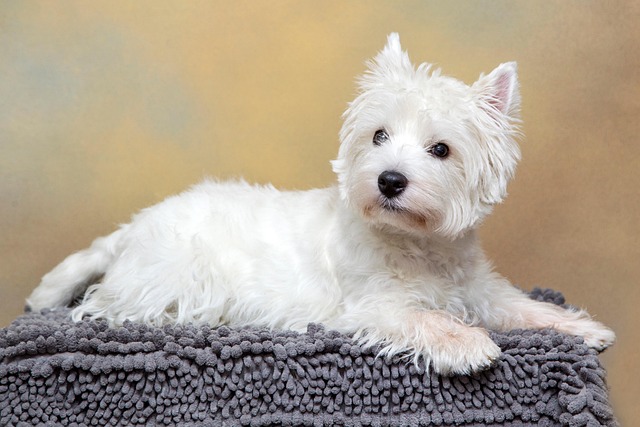
Will pumpkin help a dog pass obstruction?
When a dog that is usually lively and active suddenly loses its appetite, becomes listless, or even vomits frequently, every pet owner will be worried that it is intestinal obstruction, a "health killer".
On the lawn of the park, you can often see such a heartwarming scene: the owner throws a frisbee or a small ball, and the dog immediately runs out excitedly, fetches it back as fast as possible, and then looks at the owner expectantly, waiting for the next instruction. The wagging tail and sparkling eyes all tell of their love for this activity. Why are dogs so fascinated by picking up things? There are complex and interesting reasons behind this, involving their evolutionary history, instinctive drive, and unique emotional connection with humans.
Tracing back to the long river of evolution, the wolf, the ancestor of dogs, was a pack hunter. In a wolf pack, cooperative hunting is the key to survival. They need to track and capture prey and bring it back to the group to share. This "bringing back" behavior is a survival strategy to ensure the food supply of the entire wolf pack. After a long period of domestication, although dogs have a very different lifestyle from wolves, this "retrieval" instinct inherited from their ancestors is still deeply imprinted in their genes. When they chase and retrieve thrown objects, they are, in a way, recreating the behavior of their ancestors who brought back prey after hunting, even though the objects today are not real food, but this instinctive drive makes them enjoy it.
For dogs, retrieving is a strong instinctive need. They are full of energy and need to use up excess energy through various activities. The process of retrieving, from running at full speed to chasing the target, to locking the object with a keen sense of smell and vision, to picking it up and bringing it back, fully mobilizes the dog's physical functions. Running exercises their muscles and cardiopulmonary function, while precise retrieving tests their coordination and concentration. If dogs do not get enough exercise and opportunities to release this instinct for a long time, they may become restless and even destructive. For example, a dog trapped in a small space all day may vent excess energy by tearing furniture, and regularly letting them participate in the game of retrieving can keep them physically and mentally happy.
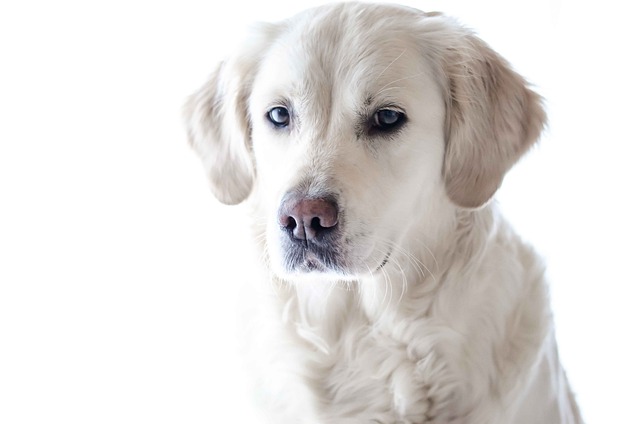
Dogs are highly social animals and have established a deep emotional bond with humans. In the interaction of picking up things, every smile and every word of praise from the owner is an invaluable reward for the dog. When they successfully retrieve the items and see the owner's happy look, they will feel a strong sense of accomplishment. This positive feedback reinforces their behavior of picking up things. In the dog's cognition, the owner's recognition means that they are loved and accepted. They are eager to gain more attention and love by repeating this behavior. Moreover, in the interaction with the owner, the dog can feel a close partnership. They regard themselves as a member of the human family, and the game of picking up things is like a special "social ritual" that allows them to integrate more into this group and deepen the emotional connection with the owner.
Different breeds of dogs also have different preferences and abilities for picking up things. Some hunting dog breeds, such as golden retrievers and Labradors, are bred to help hunters retrieve prey. These dogs have excellent sense of smell and tracking ability, and are particularly enthusiastic and professional when picking up things. Golden Retrievers are gentle and have a strong desire to pick up objects. They will hold objects carefully for fear of hurting them, and then quickly run back to their owners to enjoy their owners' praise.
Labrador Retrievers, with their extremely high obedience and agile movements, have become the best in the game of picking up objects. In contrast, some small dogs may not be so interested in picking up objects, and they prefer some relaxed and quiet ways of interaction. But this does not mean that they cannot enjoy the fun of picking up objects. As long as the owner patiently guides them, they can also discover their unique charm in this activity.
In the process of dog growth, early experiences also have an important impact on their preference for picking up objects. If a puppy is often exposed to the game of picking up objects in its infancy and gets happiness and rewards from it, then this behavior is likely to accompany it throughout its life. Owners can use some soft and light toys, such as plush balls, to guide them to simple chasing and picking up objects from a very young age.
Give appropriate snack rewards and gentle caressing after each success, so that the dog will associate picking up objects with positive experiences. On the contrary, if dogs are frightened or punished when trying to pick up objects, they may develop fear and resistance to this behavior. For example, when a dog accidentally bites a thrown object, the owner's harsh reprimand may make it mistakenly believe that picking up objects is a wrong behavior and lose interest in this activity.
Dogs like to pick up objects, which is the result of many factors such as evolutionary instincts, physiological needs, and emotional desires. This seemingly simple behavior carries their connection with their ancestors and is also a bridge for them to establish close relationships with humans. As owners, we should cherish the enthusiasm of dogs and give them enough care, exercise, and mental stimulation by playing the game of picking up objects with them. In every moment when objects are thrown and dogs run happily, we not only meet their instinctive needs, but also reap endless joy and deep emotional rewards.

When a dog that is usually lively and active suddenly loses its appetite, becomes listless, or even vomits frequently, every pet owner will be worried that it is intestinal obstruction, a "health killer".
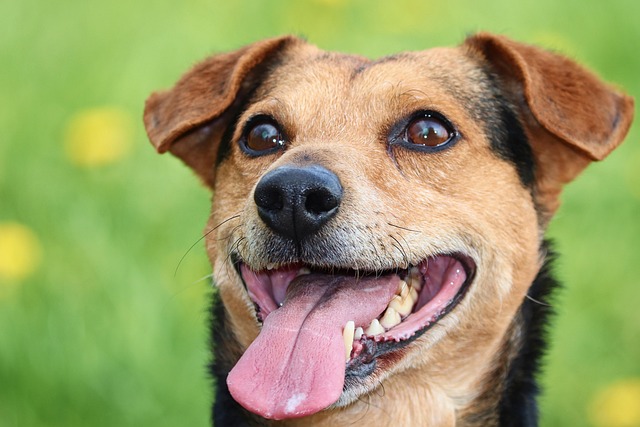
When we caress the furry ears of dogs and enjoy the warm moments of cuddling up with each other, our hearts are filled with happiness.
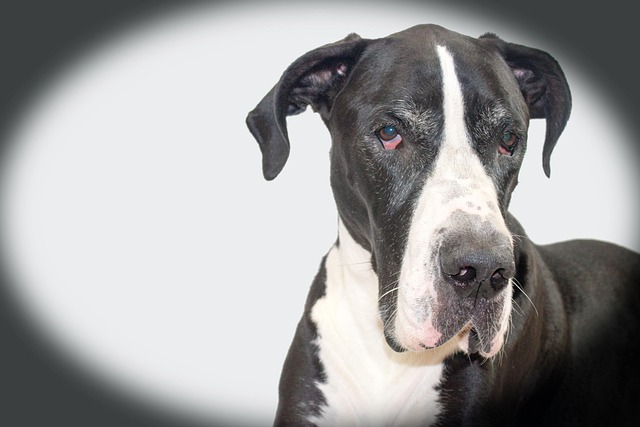
When we see the dog frequently shaking its head, scratching its ears, and even having red and swollen ears with an unpleasant smell,
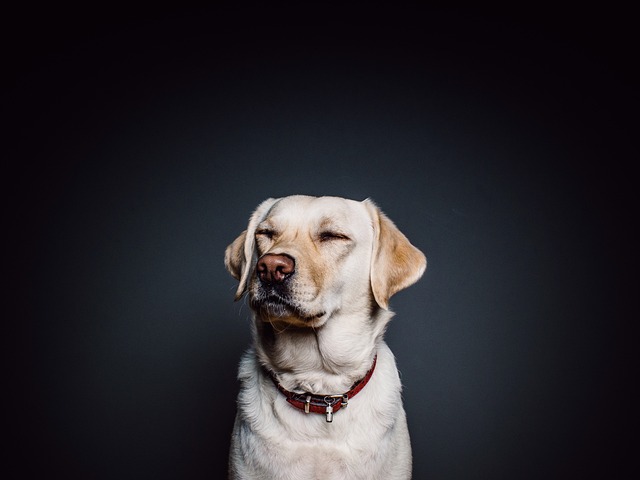
When we pick up the scissors and prepare to trim the hair of our furry babies at home, we are full of expectations and a little nervous. Looking at the trusting eyes of the dogs, we all hope to create a comfortable and beautiful look for them.
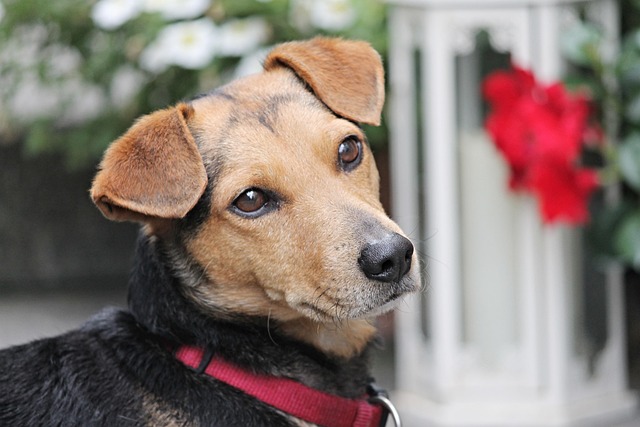
When the dog was found squatting in the corner, struggling hard but unable to excrete feces, its lively eyes were filled with discomfort and helplessness,

Watching the dog lying weakly on the ground due to diarrhea and vomiting, with its originally lively eyes losing their luster, every owner's heart feels as if it's being tightly gripped.